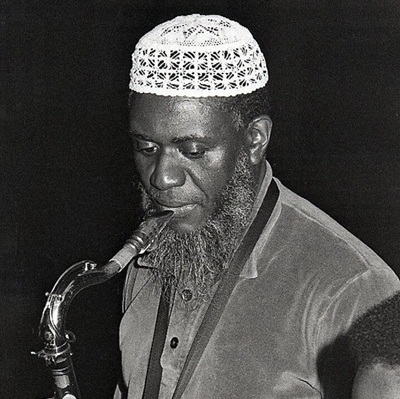Childhood Heroes — We all had them
Excerpted from exclusive Jerry Jazz Musician interviews, our guests talk of theirs.
______________________________________________
______________________________________________
______________________________________________
______________________________________________
______________________________________________
______________________________________________
______________________________________________
______________________________________________
_____________________________________________
_____________________________________________
| JJM Who was your childhood hero?
AK As a very young child, no one, other than people I would see in the movies, which tended to be cowboys. Later on, Jackie Robinson became a hero, because I am old enough, at age 65, to remember when he broke into baseball. Joe Louis preceded him, whose fights I could hear in Jacksonville, Florida. His victories were a source of great pride.
|
Filmmaker |
|
_____________________________________________
_____________________________________________ _____________________________________________
_____________________________________________
_____________________________________________
_____________________________________________
_____________________________________________
_____________________________________________
_____________________________________________
_____________________________________________
_____________________________________________
_____________________________________________
____________________________________________
___________________________________________
_____________________________________________
|














































